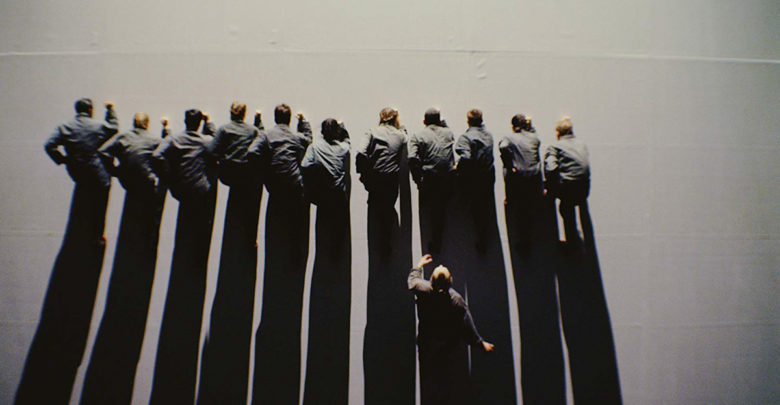Netflix Review: Anima
Anima provides stimulating, borderline consciousness-altering visuals to accompany an album of the same name
 Netflix
NetflixWhen I first heard that Netflix was advertising a short musical film, my immediate reaction was apprehension. The expectation of a Riverdale-esque short film scored by the terrible vocals of some up-and-coming twenty-something wannabe pop star primed me perfectly for the surprise of what Anima turned out to be. It’s an audio-visual epic, the likes of which only the drugs of a Radiohead frontman combined with the awe-inspiring mind of critically acclaimed director Paul Thomas Anderson could develop. Anima invites the audience on a simultaneously euphoric yet melancholic love story, ultimately positing fewer answers than questions.
Starring Thom Yorke, Radiohead’s creative engine himself, the film provides stimulating, borderline consciousness-altering visuals to accompany an album of the same name released by Yorke. Following the adventures of Yorke as he both rebels against conformity, seeks higher existential understanding, and plows through the woes of falling madly in love, all within the confines of a 15-minute timeframe, the film leaves the audience both hopeful and despairing, questioning the purpose of all themes presented throughout the picture with an existential fervor.
The album itself is the brain-child of Yorke and long-time collaborator Nigel Godrich. In an attempt to reproduce the feelings of a long period of anxiety Yorke was going through, the two chose the fuzzy electronic sound of the album as an auditory representation of the confusion and despair anxiety can inspire. The sound achieved was a cacophonic but still resolute testament to Yorke’s anxiety, instilling much of the same feelings in the listener’s mind.
Appropriately paired to the 1984-esque dystopian visuals of Paul Thomas Anderson, the film walks a fine line between the surreal and the all-too-real. As Yorke obsessively chases down a woman whose forgotten her bag on a train, he’s met with an absurd amount of resistance from not only his setting but also society as a whole. Coupled with the choreography of Damien Jalet, the audience can’t help but follow the entrancing sequence of Yorke’s efforts as the world attempts to hold him in a dream state, stopping him from realizing his goals.
With an imaginative and innovative art house style, the film provides an insightful look into the potential of the short-film medium. The brilliant choreography, genius scoring, and masterful aesthetic prowess can compensate for the often lazy dialogue of more colloquial media. A refreshing and thought-provoking piece, Anima is a must-watch, and also a must-listen.




